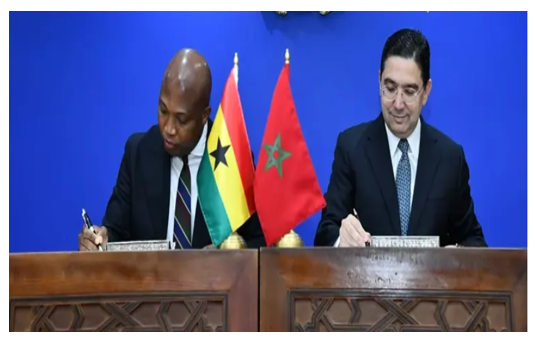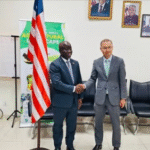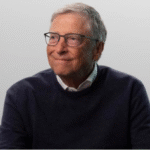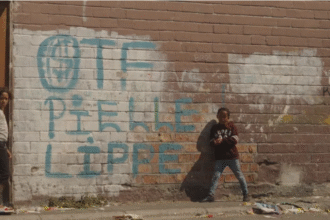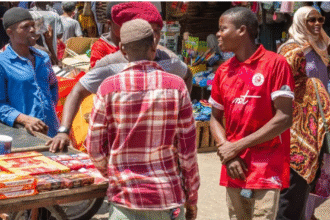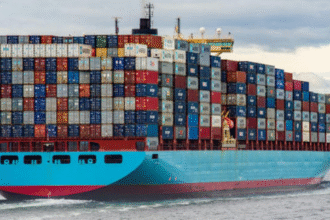By Mohamed Ghani
RABAT, MOROCCO – In a significant shift in foreign policy, Ghana has officially announced its support for Morocco’s autonomy plan for the Western Sahara, describing it as the “only realistic and sustainable basis” for resolving the long-standing regional dispute. The announcement came during a visit by Ghanaian Foreign Minister Samuel Okudzeto Ablakwa to Rabat, where he met with his Moroccan counterpart, Nasser Bourita.
The two ministers signed a memorandum of understanding focused on bolstering political consultations between their respective nations, along with a joint communiqué outlining Ghana’s support for the Moroccan autonomy proposal. This move signifies a major development in the regional dynamic, particularly considering Ghana’s recent suspension of diplomatic ties with the Sahrawi Arab Democratic Republic (SADR) on January 7th.
During a press briefing following the signings, Minister Ablakwa emphasized that Ghana’s position is rooted in its long-standing commitment to peaceful solutions. “We cannot continue to oppose each other and engage in a deadlock that does not contribute to peace, stability, and cohesion,” he stated, adding that Ghana believes all involved parties should engage in dialogue within the framework of the United Nations, with a commitment to accepting the UN’s final decision.
Ghana’s endorsement of Morocco’s autonomy plan aligns it closer to the Kingdom’s position on the Sahara issue and further isolates Algeria, which supports the Polisario Front seeking independence for the region. Since 2000, 46 countries, including 13 in Africa, have severed or suspended ties with the SADR.
Beyond the Sahara issue, Minister Ablakwa also highlighted the growing threat of terrorism and violent extremism in the Maghreb and the Sahel, expressing Ghana’s intention to strengthen regional security cooperation with Morocco, citing the nation’s “excellent intelligence and security system.”
The deepening relationship between Accra and Rabat extends beyond security matters, with both countries aiming to enhance economic and academic cooperation, as well as facilitating increased mobility between the two nations. Minister Ablakwa praised King Mohammed VI as a “visionary leader” and emphasized his commitment to working with Morocco for regional peace, stability, and progress.
This strengthening of ties is further underscored by the announcement of an upcoming state visit to Morocco by Ghanaian President John Dramani Mahama, signaling a new era of collaboration between the two nations.


